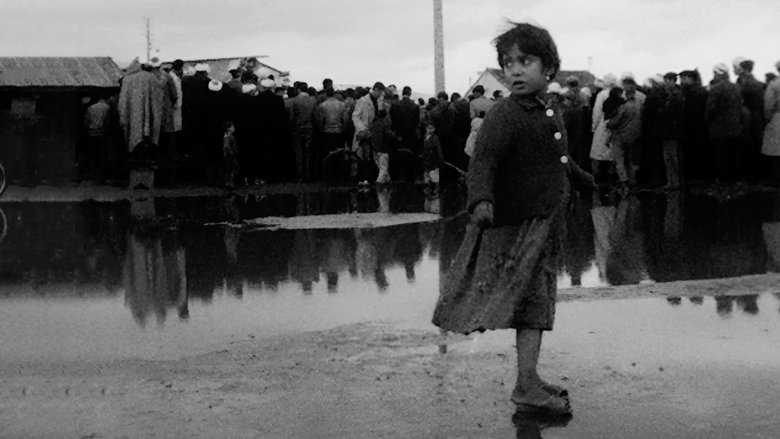Algeria, Year Zero
Genres
Documentary
OverView
Documentary on the beginnings of Algerian independence filmed during the summer of 1962 in Algiers. The film was banned in France and Algeria but won the Grand Prize at the Leipzig International Film Festival in 1965. Out of friendship, the production company Images de France sent an operator, Bruno Muel, who later declared: "For those who were called to Algeria (for me, 1956-58), participating in a film on independence was a victory over horror, lies and absurdity. It was also the beginning of my commitment to the cinema."
Others
Budget
$--
Revenue
$--
Status
Released
Original Language
French
Runtime
40 mins
Rating
10/10
Release Date
01 October 1965
Country
Algeria


